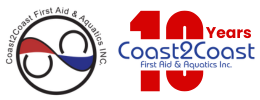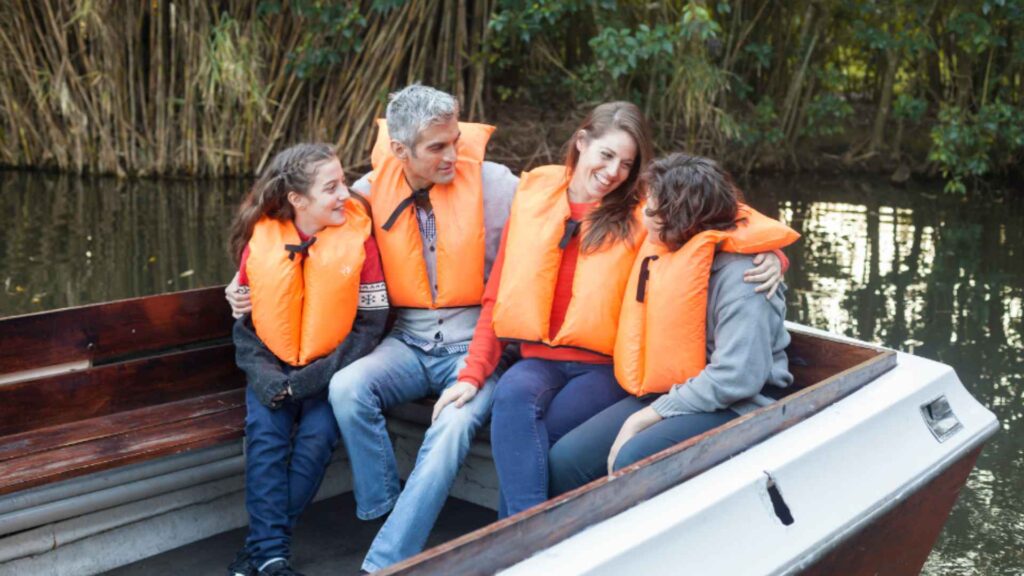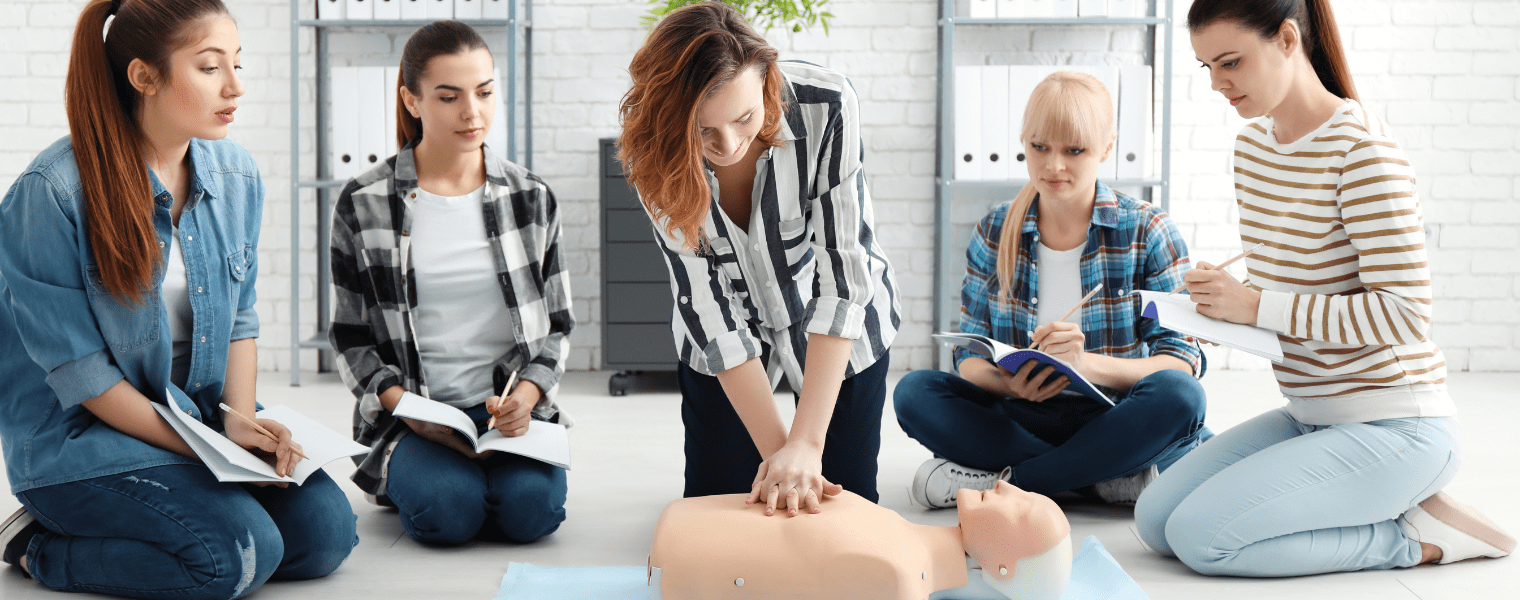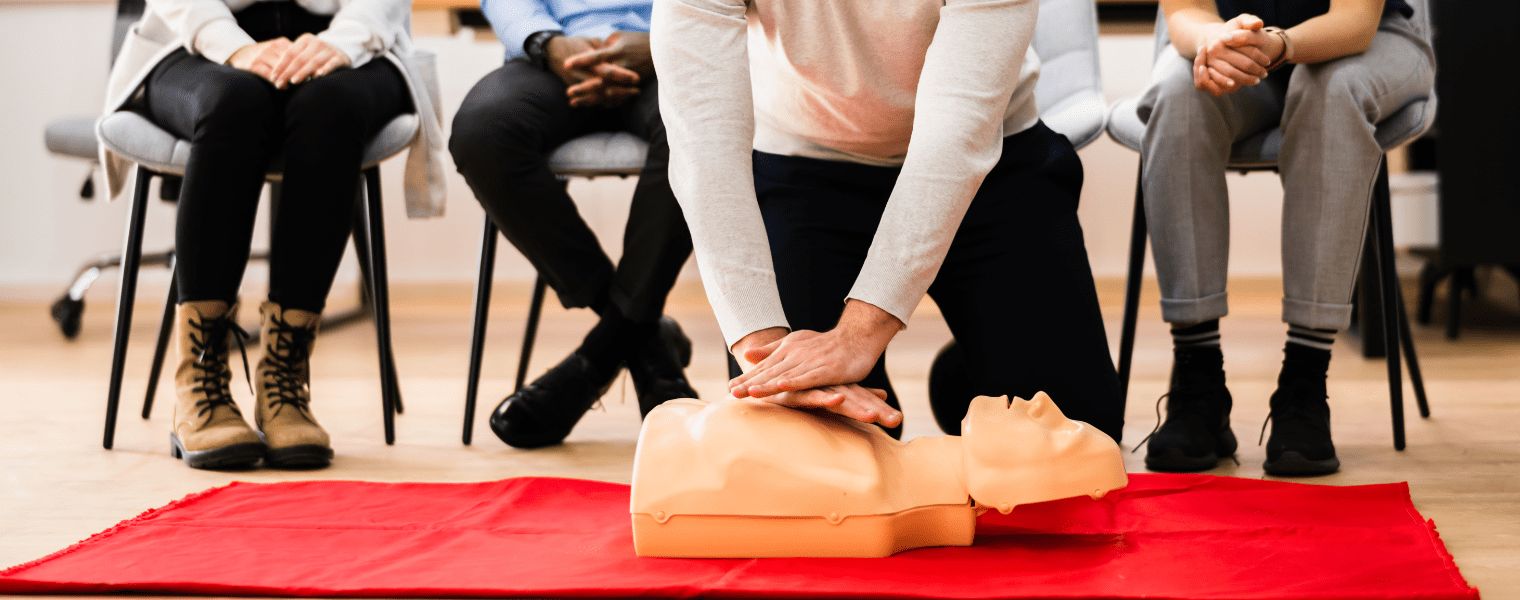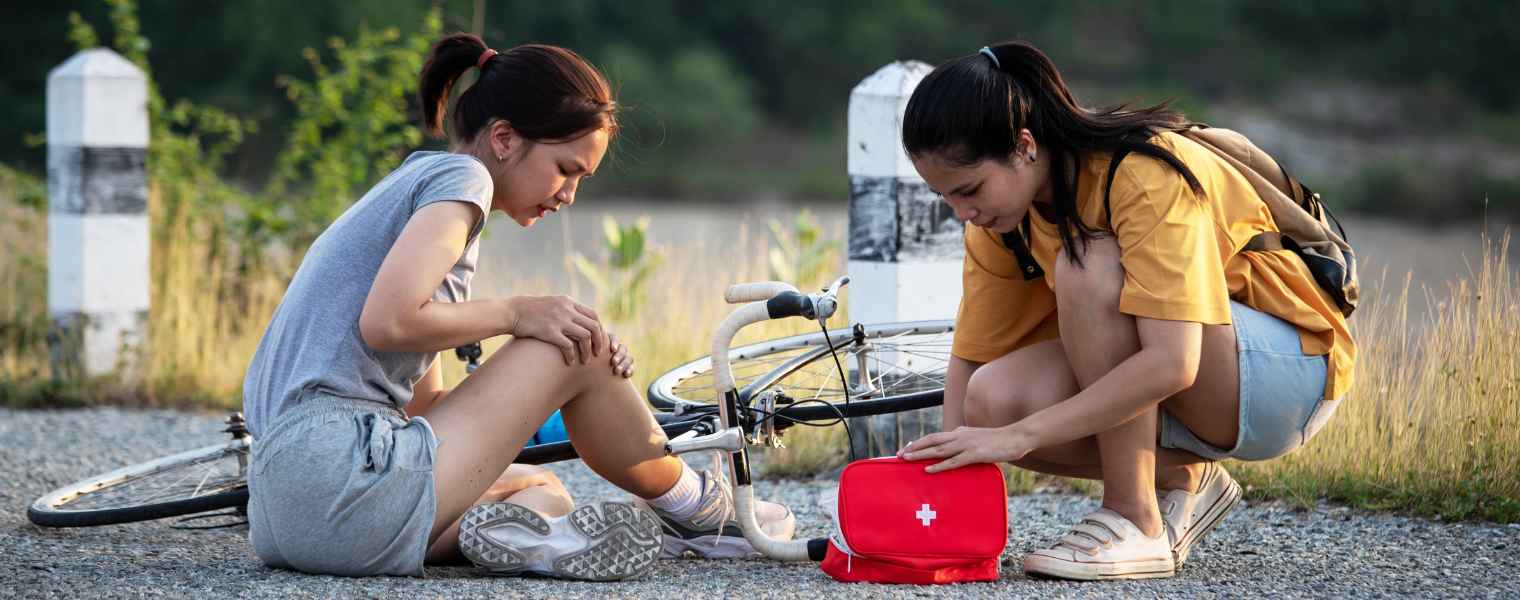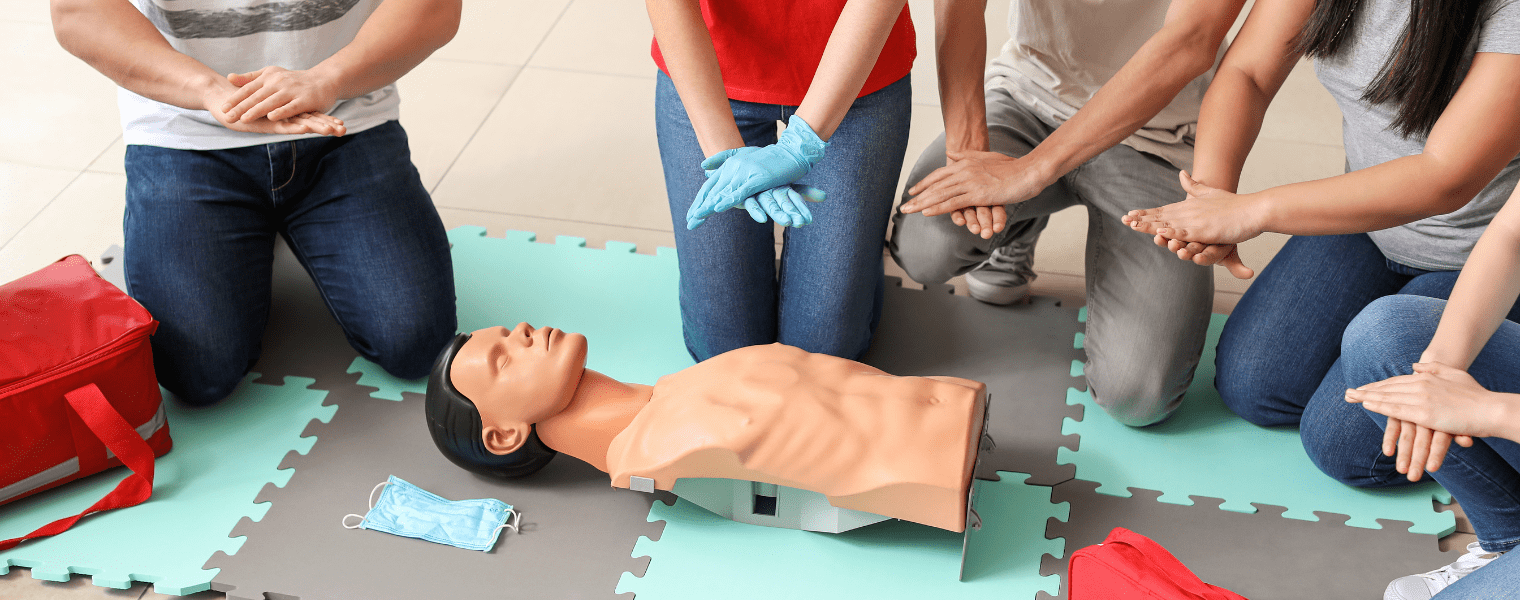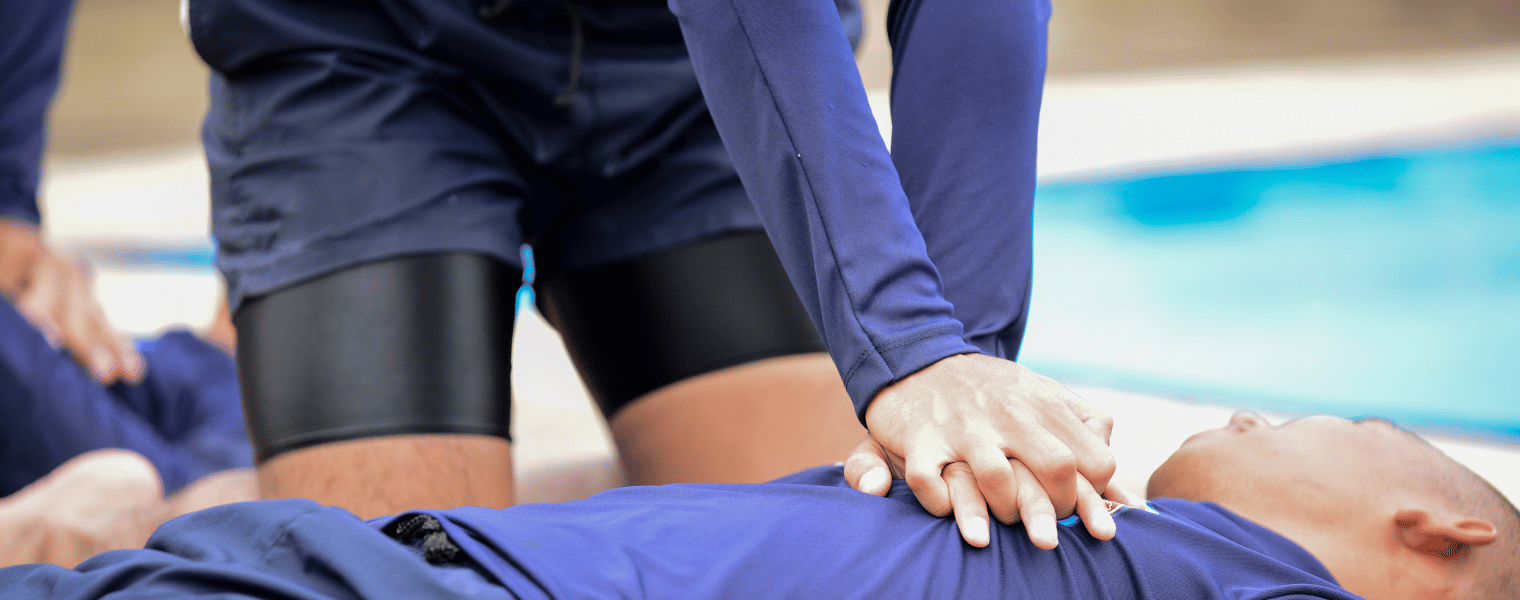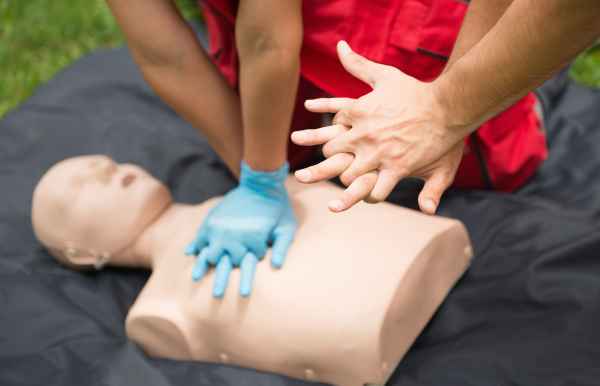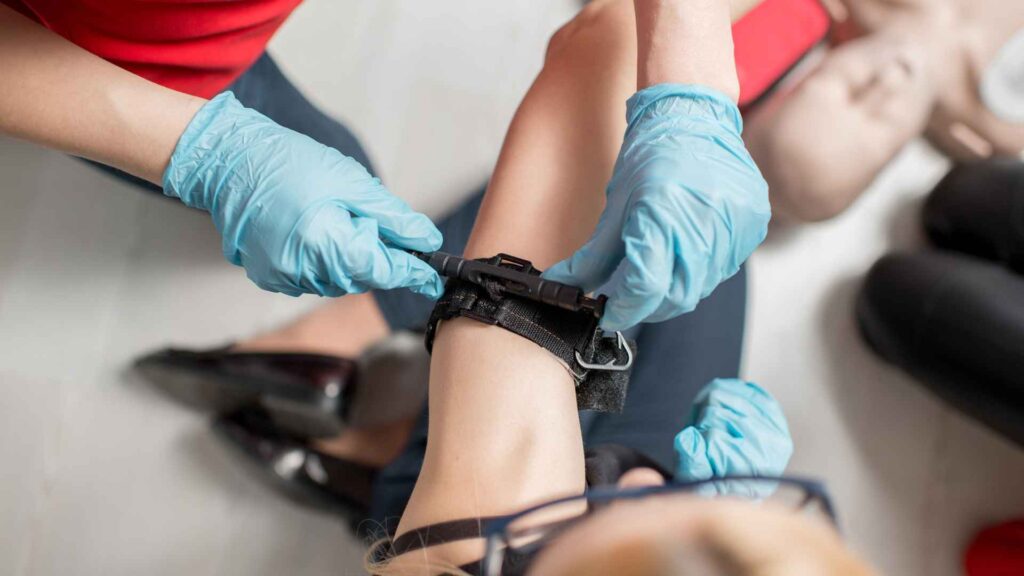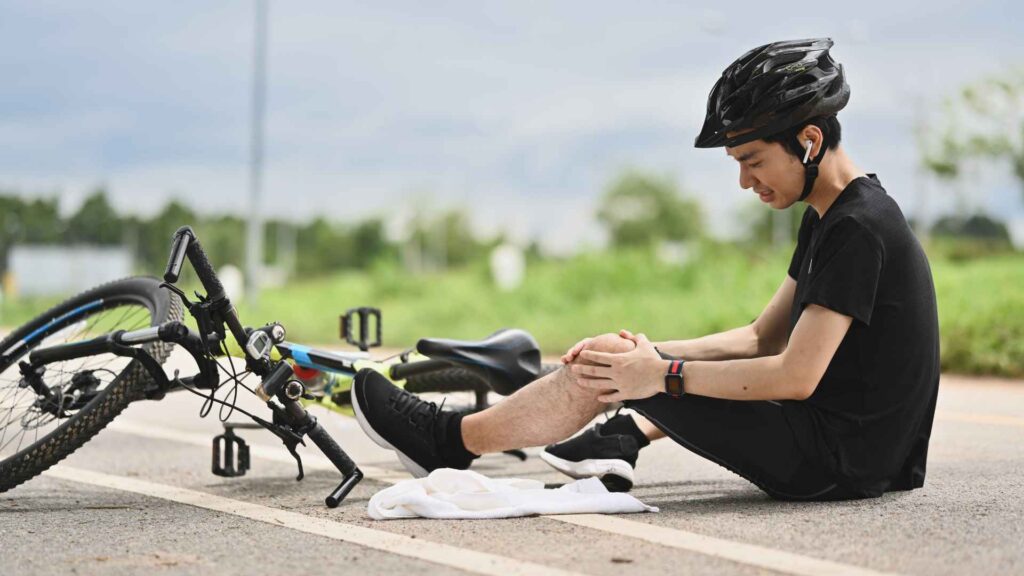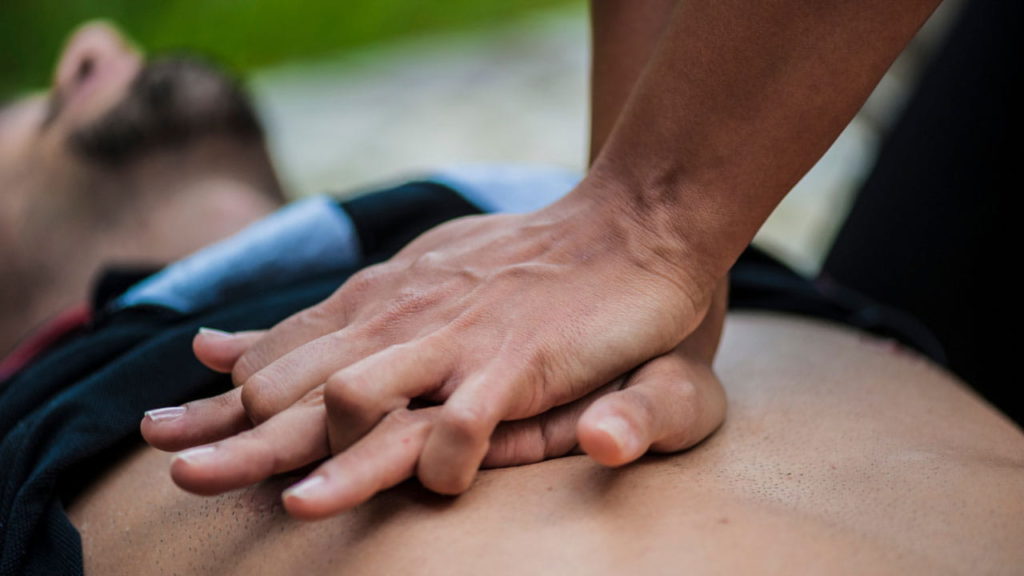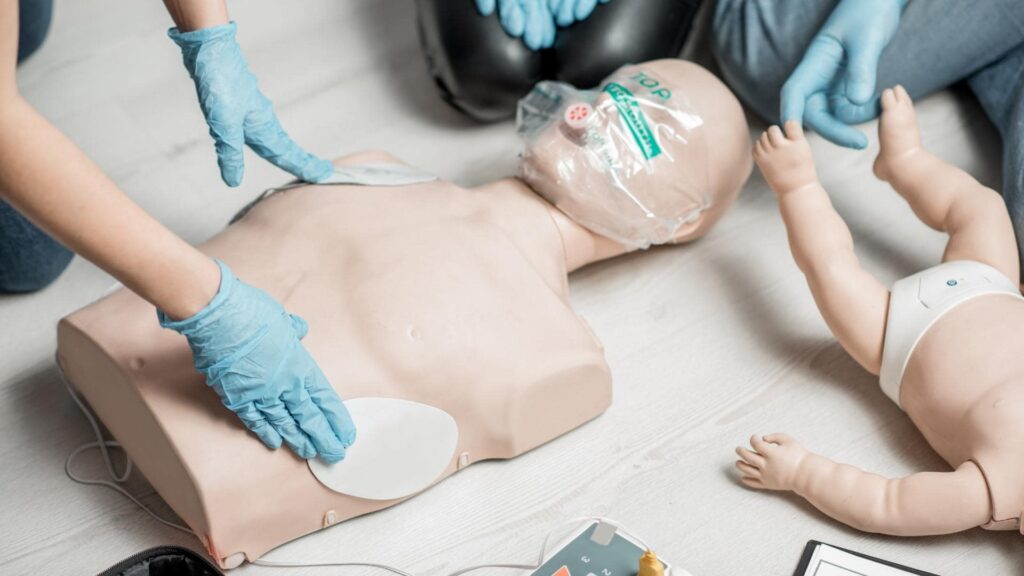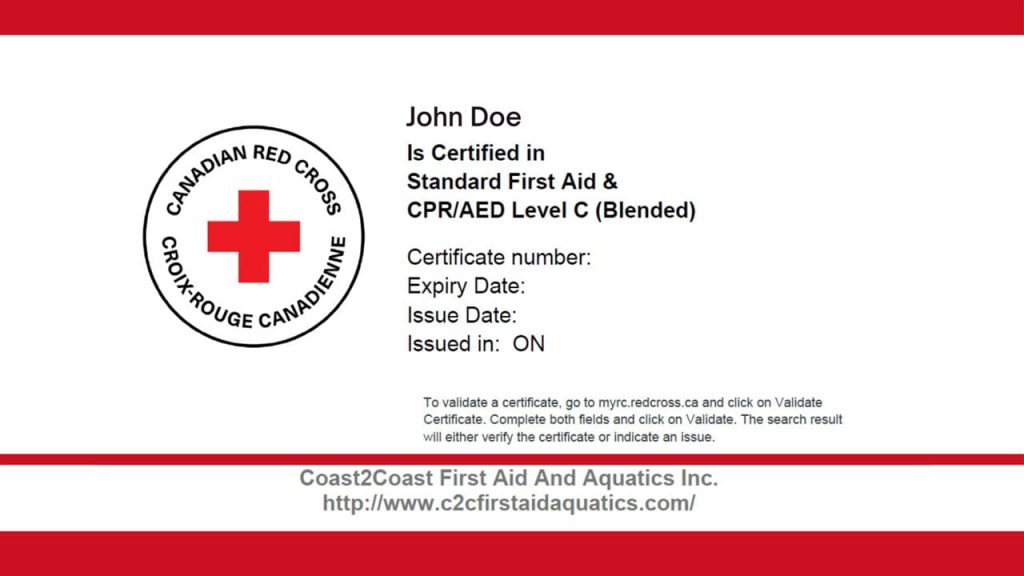First Aid for Boaters is mandatory when going on a boating adventure in Canada’s breathtaking waterways that is an experience like no other. Whether you’re cruising serene lakes, winding rivers, or boating in the open ocean, prioritizing safety is paramount. This guide delves into the essential Canadian safety regulations every boater should know and equips you with practical first aid knowledge to handle on-water emergencies confidently.
Understanding Canadian Boating Safety Regulations
-
Mandatory Safety Regulations
-
Personal Flotation Devices (PFDs)
-
Sound-Signaling Device
-
Navigation Lights
 If boating between sunset and sunrise or in reduced visibility, install operational navigation lights. These include red and green sidelights, a white stern light, and an all-around white light.
If boating between sunset and sunrise or in reduced visibility, install operational navigation lights. These include red and green sidelights, a white stern light, and an all-around white light.
-
Visual Distress Signals
-
Fire Extinguisher
-
Bailing Bucket or Pump
-
Throwable Flotation Device
-
First Aid Kit
Boating License and Competency

Vessel Regulations and Inspections

Navigate Safety on the Water!
Join our Marine First Aid Course and equip yourself with essential skills to handle emergencies while at sea. Learn life-saving techniques tailored for marine environments and gain the confidence to respond effectively.
Essential First Aid Tips for Boaters (from Coast2Coast Experts)
Preparedness is your best ally when facing unexpected situations on the water. At Coast2Coast, we specialize in providing comprehensive First Aid and CPR training tailored to marine environments. Here are some common scenarios you might encounter and how to address them:
Hypothermia

Learning First aid for boaters is essential in several circumstances. Cold water immersion is a significant risk, resulting in hypothermia, even in summer. If someone falls overboard:
1. Immediate Rescue
Get them back on board or onto a flotation device as quickly as possible. Time is critical.
2. Remove Wet Clothing
Replace with dry, warm layers to prevent further heat loss.
3. Insulate and Warm
Wrap the person in blankets or a hypothermia wrap. If the person is conscious, provide warm (non-alcoholic) liquids to help raise their core temperature.
4. Seek Medical Attention
Even mild hypothermia requires professional evaluation and treatment.
First Aid for Hypothermia Emergencies
In the following YouTube short, our instructor explains how to deal with hypothermia emergencies or even frostbite in Winter.
As temperatures drop, understanding the signs, symptoms, and immediate actions can save lives. Join us as we explore practical tips and essential first aid techniques to effectively respond to these cold weather risks. Whether you’re an outdoor enthusiast or simply preparing for winter, this video equips you with crucial insights to stay safe and act swiftly in critical situations. Watch now to ensure you’re prepared to protect yourself and others when they need it the most.
Heat Exhaustion and Heatstroke
Stay hydrated and wear protective clothing in hot weather. It is crucial to recognize the signs of heat exhaustion (dizziness, nausea, fatigue) and heatstroke (high body temperature, confusion, rapid pulse). Seek immediate medical help if you suspect heatstroke.
Sunburns
Sunburns are easily overlooked hazards while boating, due to the reflection of the sun off the water intensifying its effects. To prevent sunburns:
1. Wear protective clothing
Wide-brimmed hats, sunglasses, and lightweight long-sleeved shirts and pants offer excellent protection.
2. Apply sunscreen generously and often
Use a broad-spectrum sunscreen with SPF 30 or higher and reapply every two hours, or more often if swimming or sweating.
3. Seek shade
During the hottest part of the day, find shade under a canopy, bikini top, or umbrella.
If you do get sunburned:
- Cool the burnt area. Take a cool shower or bath, or apply cool compresses for at least 10 minutes.
- Moisturize using aloe vera or a gentle moisturizer to soothe the skin.
- Hydrate by drinking plenty of water to prevent dehydration.
- Severe sunburns with blistering or signs of heat exhaustion require medical attention.
Cuts and Abrasions
Cuts and abrasions are common on boats due to sharp edges or equipment. Thoroughly clean the wound with soap and water, apply antiseptic, and cover with a sterile bandage. Signs of infection, such as redness, swelling, or pus, should not be neglected. Seek medical attention if you notice signs of infection.
Motion Sickness

Over-the-counter medications can help alleviate motion sickness. Encourage the person to lie down, focus on a fixed point on the horizon, and get fresh air.
Drowning Prevention
Always wear PFDs, especially when swimming or participating in water sports. Children should always be supervised and never left unattended near water. Knowing CPR can be the difference between life and death in a drowning situation – consider taking a CPR course with Coast2Coast to learn essential rescue techniques and potentially save a life.
Marine Wildlife Encounters
Be aware of local marine life, such as jellyfish, stingrays, and even sharks in some areas. Know how to treat stings and bites, and carry appropriate first-aid supplies.
Head Injuries
Falls and impacts are common on boats. If someone sustains a head injury, assess their responsiveness and monitor for concussion symptoms. Seek immediate medical attention if they lose consciousness, experience prolonged confusion, or show signs of worsening condition.
Stock Your First Aid Kit with Coast2Coast
Get Registered Today
 By adhering to Canadian boating safety regulations and equipping yourself with first aid knowledge from Coast2Coast, you can confidently embark on your boating adventures. Preparedness is key to a safe and enjoyable experience.
Remember, knowledge is power. Invest in a first aid course, stock your boat with the right supplies, and always prioritize safety on the water.
By adhering to Canadian boating safety regulations and equipping yourself with first aid knowledge from Coast2Coast, you can confidently embark on your boating adventures. Preparedness is key to a safe and enjoyable experience.
Remember, knowledge is power. Invest in a first aid course, stock your boat with the right supplies, and always prioritize safety on the water. 